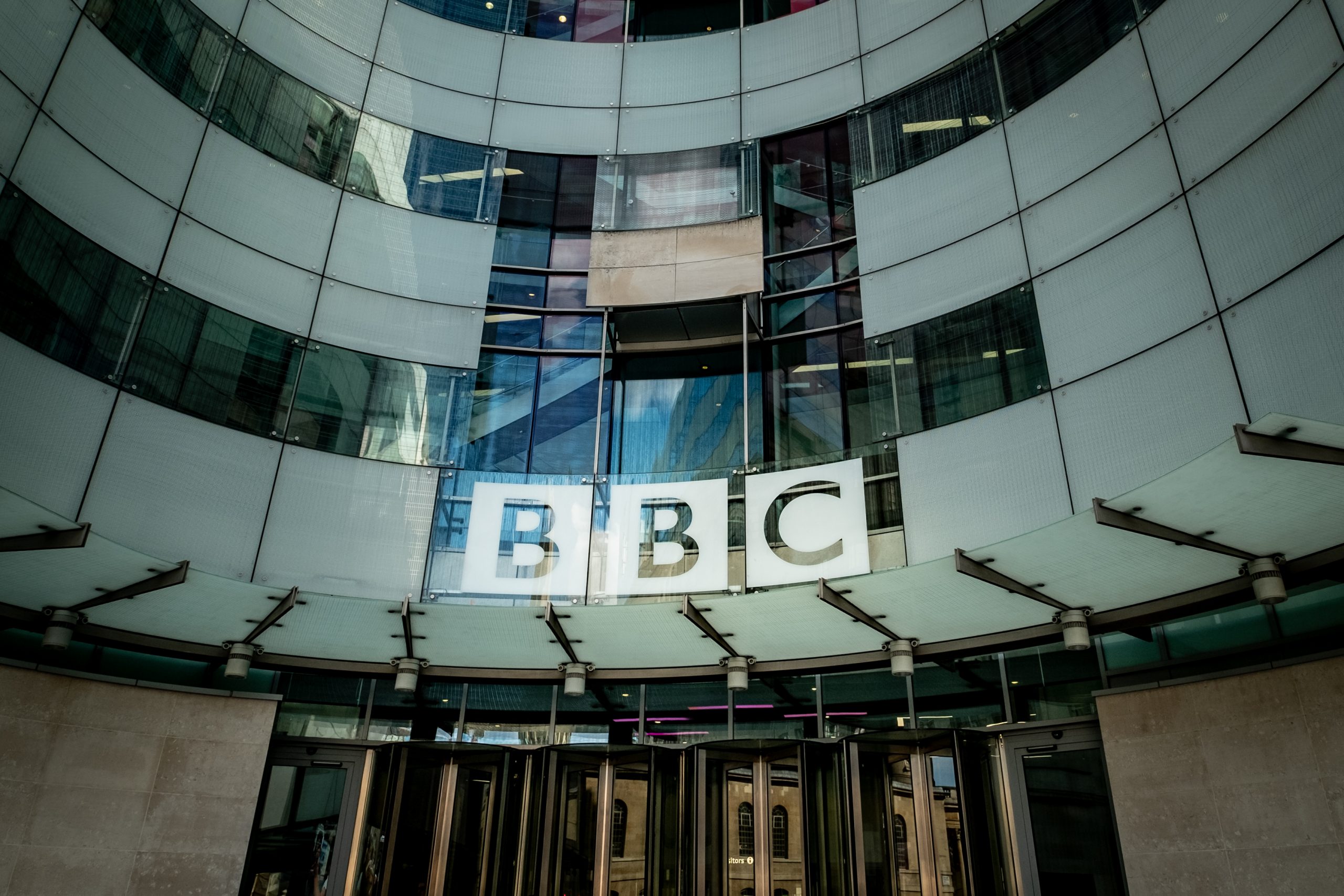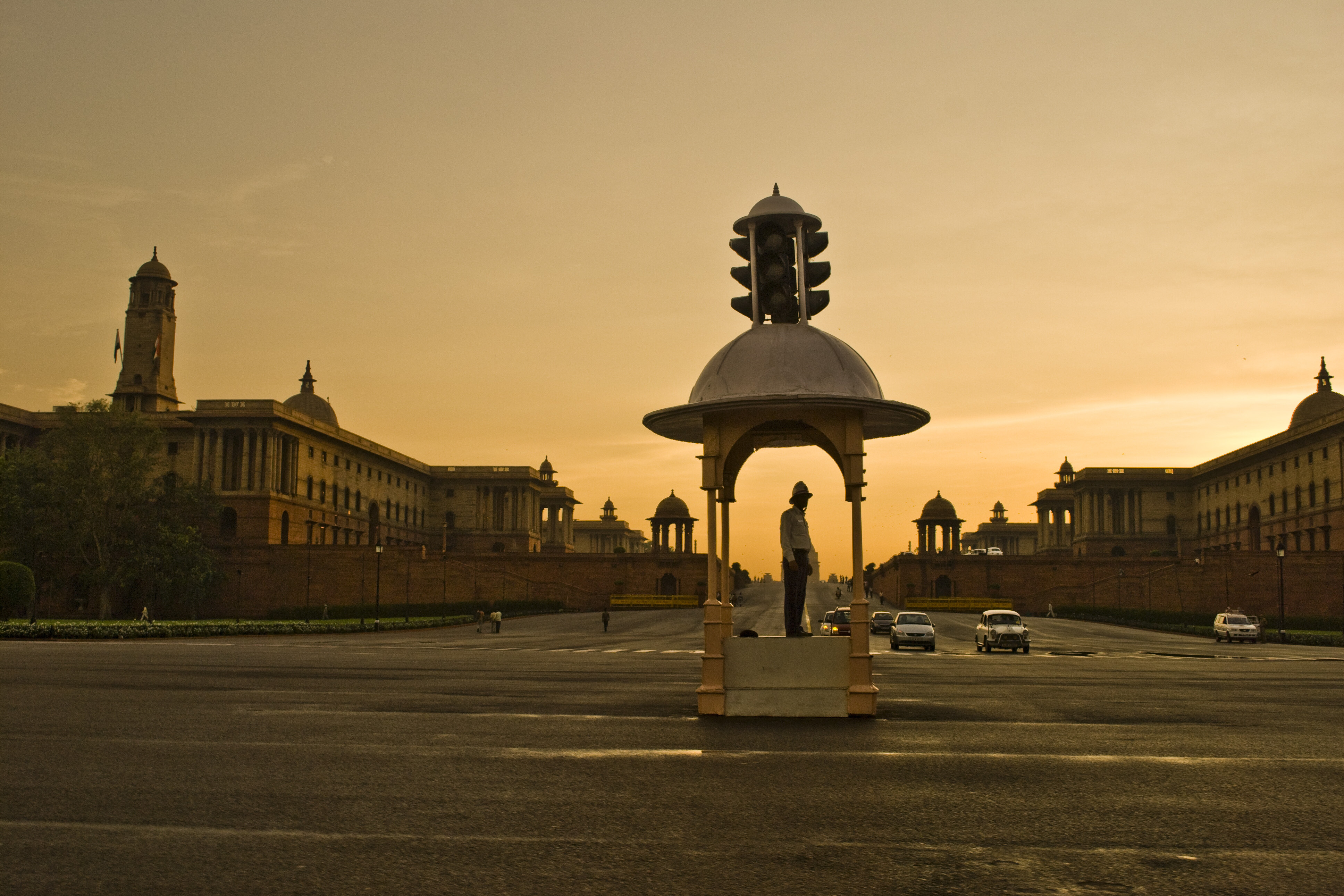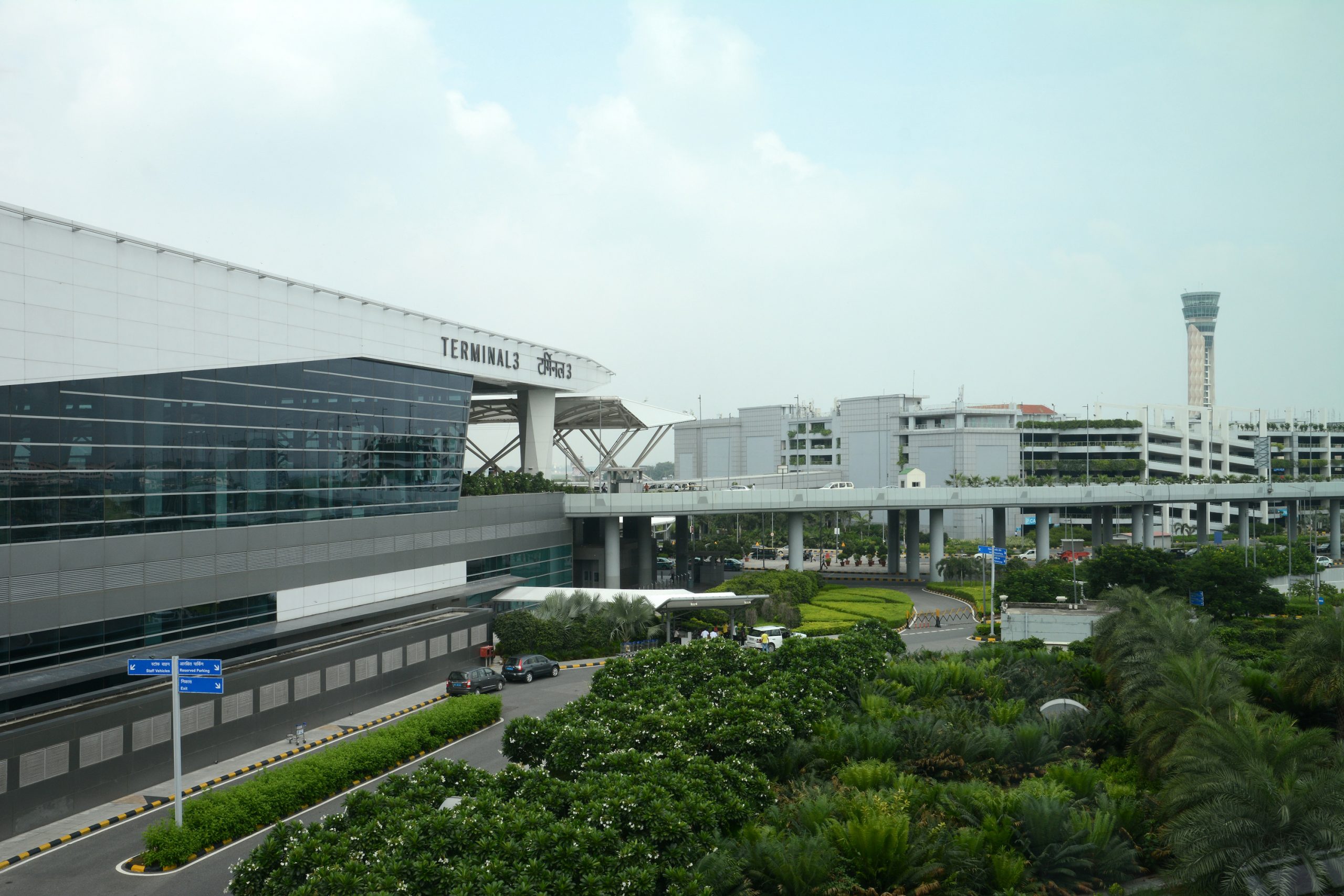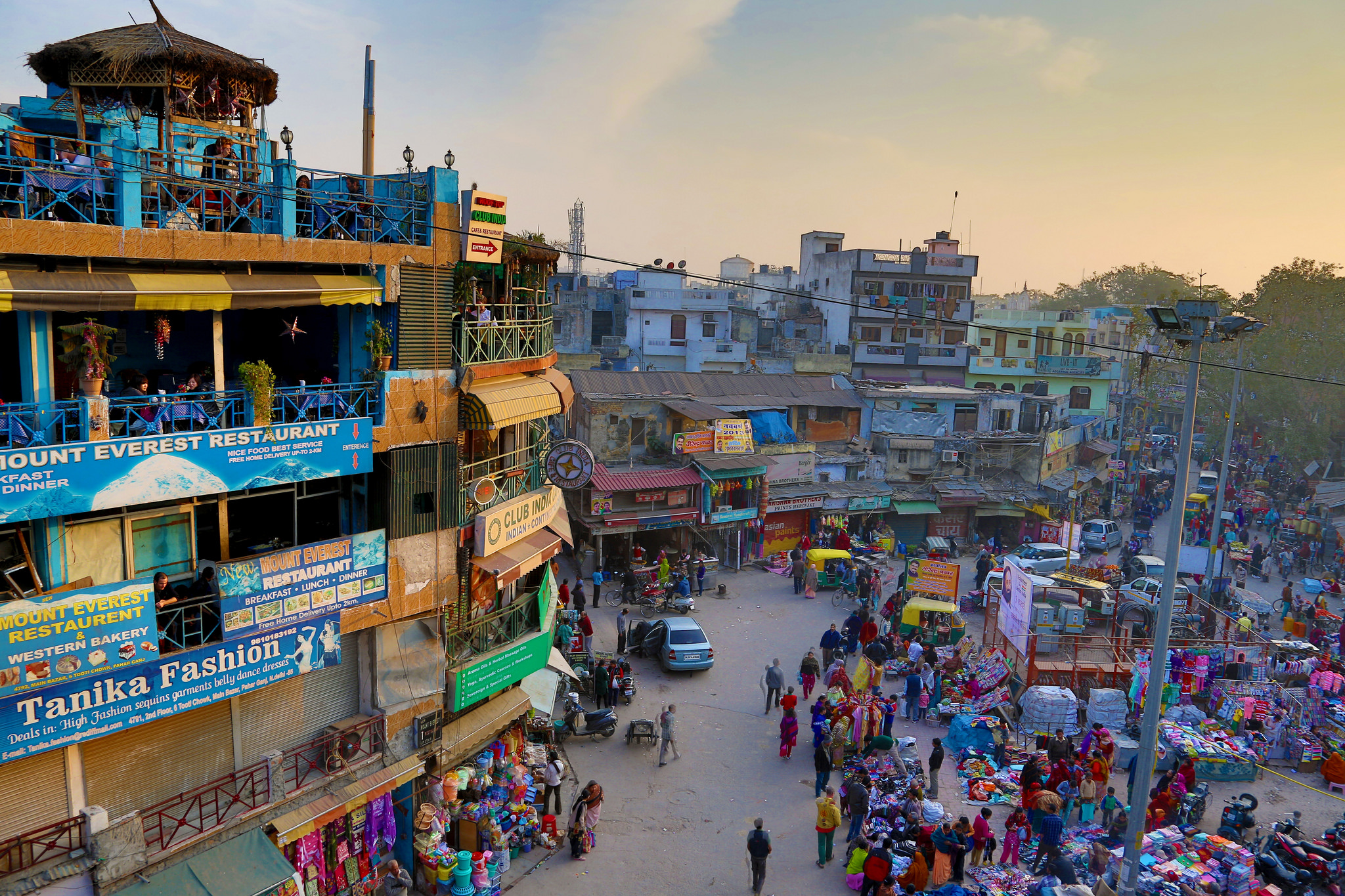ABC journalist’s troubles in India spotlight erosion of media freedoms
25th April 2024
A journalist for Australia’s ABC has left India after saying she was effectively pushed out over visa issues. The case highlights the erosion of media freedom in India as the country heads into elections.
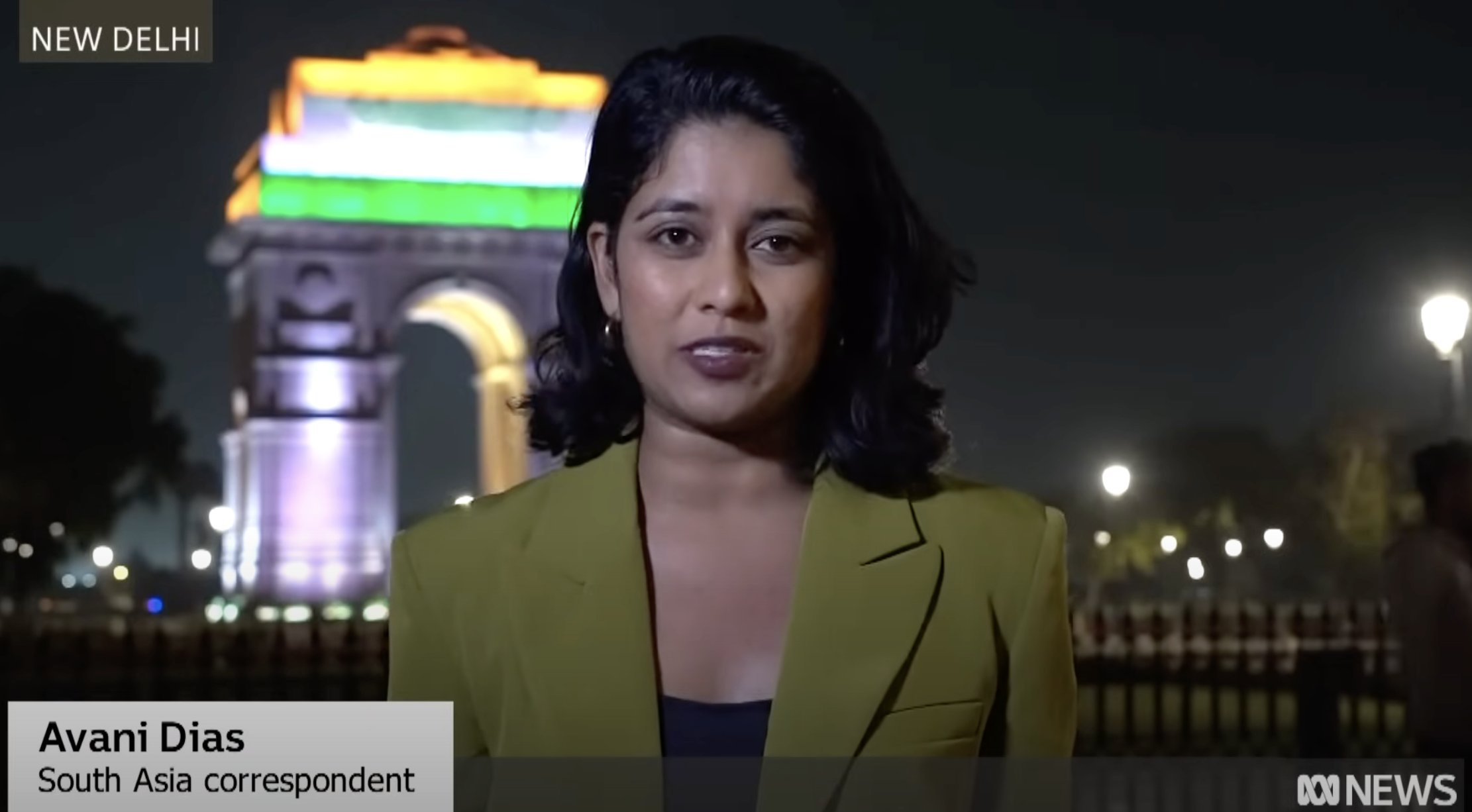
IN BRIEF:
- Avani Dias, the South Asian correspondent for the ABC, said she was effectively pushed out of India after her reporting on Sikh separatism angered the Indian government.
- She accused the authorities of hindering her from going to events, trying to have her reporting taken down and refusing for weeks to renew her visa, claims the Indian government denies.
- A group of 30 foreign correspondents based in India have since signed an open letter protesting the treatment of Dias.
- Foreign correspondents and local media in India have faced increasing pressure from the government over their reporting, with many facing reprimand for coverage deemed negative.
IN FULL:
The visa troubles encountered by an Australian news correspondent in India have highlighted a broader crackdown on free speech and media in the country as it heads into the world’s largest election.
Avani Dias, the South Asian correspondent for the ABC, said she was effectively pushed out of India after her reporting on Sikh separatism angered the Indian government. She accused the authorities of hindering her from going to events, trying to have her reporting taken down and refusing for weeks to renew her visa.
In a post on X last week, Dias said she had to leave India abruptly after the government of prime minister Narendra Modi said her visa would be denied because her reporting had “crossed a line.”
“After Australian Government intervention, I got a mere two-month extension … less than 24 hours before my flight,” she wrote. “We were also told my election accreditation would not come through because of an Indian Ministry directive. We left on day one of voting in the national election in what Modi calls ‘the mother of democracy’.”
In her podcast, Looking for Modi, she said that despite the temporary extension, she ultimately decided to leave because “it felt too difficult to do my job in India.”
The ABC’s managing director, David Anderson, said in a statement the broadcaster “fully backs and stands by the important and impactful reporting by Avani Dias during her time as ABC correspondent in India. Avani joins the Four Corners team as a reporter in coming weeks. The ABC believes strongly in the role of independent journalism across the globe, and freedom of the press outside Australia.”
The Indian government has disputed Dias’ account and said she was assured by high-ranking officials that her visa would be renewed. Officials told The Washington Post that Dias was “found to have violated visa rules while undertaking her professional pursuits,” and characterised her account as “not correct, misleading and mischievous.” They added that she would have been free to cover the elections had she stayed.
Subscribe toour newsletter
Keep updated with the latest public
media news from around the world
In the Looking for Modi episode, Dias spoke about producing a television segment about allegations that agents acting on behalf of the Indian government were behind the killing of a Sikh separatist in Canada. During the half-hour documentary, she detailed how permission for her and her crew to film at the border between Punjab and Pakistan had been suddenly revoked without explanation, and how she was quizzed by officials about her crew and the places she had visited.
“It’s clear that we’re being really monitored and that there’s concern about the story that we’re doing,” she said on the podcast.
A group of 30 foreign correspondents based in India have since signed an open letter protesting the treatment of Dias, saying that while she had not been expelled, officials had “effectively pushed out a foreign correspondent on the eve of an election that the government describes as the largest democratic exercise in the world.”
It continued: “We call on the Indian government to facilitate the vital work of a free press in line with India’s democratic traditions.
“It’s clear that we’re being really monitored and that there’s concern about the story that we’re doing,” – ABC News journalist Avani Dias
More than 900 million eligible Indians are currently voting in the largest elections the world has ever seen, with Modi seeking a third term. But his opponents say Indians have faced the loss of many freedoms during his decade of rule.
Foreign correspondents and local media in India have faced increasing pressure from the government over their reporting, with many facing reprimand for coverage deemed negative. Those on foreign journalist visas also have access restricted to large swathes of the country.
The Delhi and Mumbai offices of the BBC were raided last year by Indian tax authorities after the broadcast of a documentary examining Modi’s role in 2001 riots which saw almost 800 Muslims killed while he was chief minister of Gujarat. The government also invoked emergency laws to ban the documentary from being shared online.
Several foreign journalists have also reported having their permission to work revoked after they produced critical reports, including the French journalist Vanessa Dougnac, who left India in January after the government said it intended to cancel her permit.
A veteran Indian journalist, Ravish Kumar, last week described the Indian media as in crisis. The former NDTV anchor quit in November 2022 after the network was bought by the billionaire Guatam Adani, a close associate of Modi.
“Everything from the government is going to the public without being scrutinised by the mainstream media,” Kumar told Voice of America.
“Journalism is dead.”
